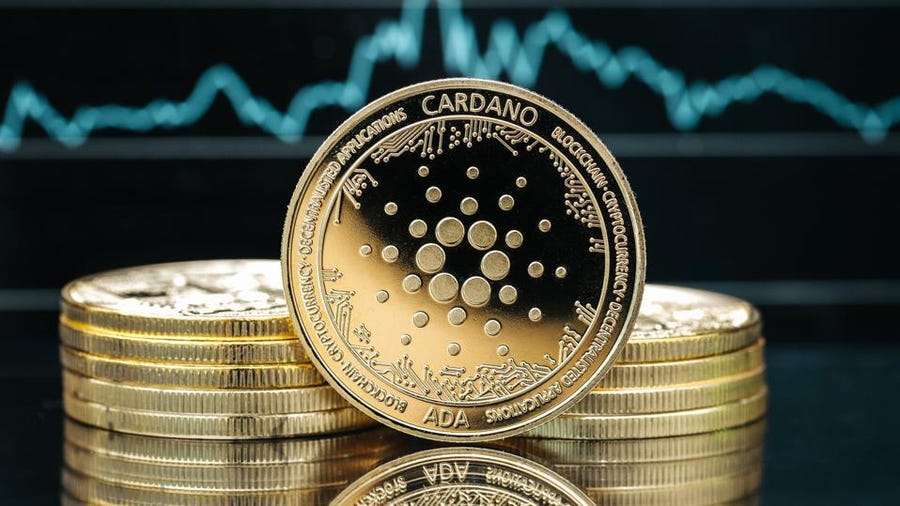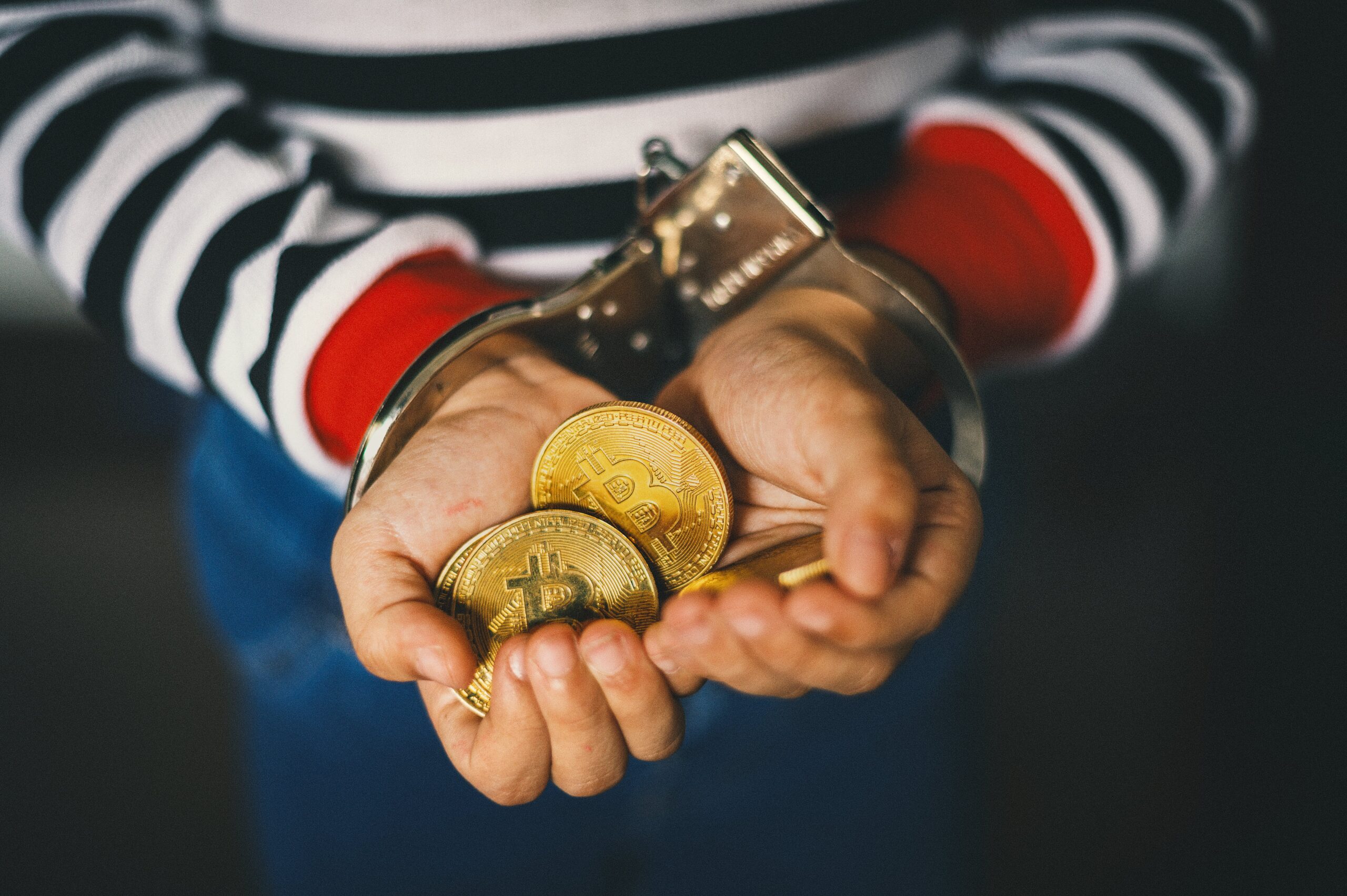Cryptocurrencies have revolutionized the financial landscape, and with the surge in their popularity, the need for reliable platforms to buy, sell, and trade digital assets has grown exponentially. This article serves as a comprehensive guide to understanding crypto exchanges and navigating the world of digital asset trading.
1. Introduction to Crypto Exchange
A crypto exchange is an online platform that facilitates the buying, selling, and trading of cryptocurrencies. It acts as an intermediary, connecting buyers and sellers in the crypto market. Understanding how these exchanges operate is crucial before diving into the world of digital assets.
2. Understanding How Crypto Exchanges Work
Crypto exchanges operate by matching buy and sell orders from users. When a user places an order, the exchange matches it with another user’s opposite order, and the transaction is completed. Some exchanges operate on a traditional centralized model, while others function on a decentralized peer-to-peer basis.
3. Different Types of Crypto Exchanges
Centralized Exchanges (CEX)
Centralized exchanges are the most common type of crypto exchange. They are run by centralized entities and act as intermediaries in transactions. While they offer ease of use and high liquidity, users have to trust the exchange with their funds.
Decentralized Exchanges (DEX)
Decentralized exchanges, on the other hand, operate on a peer-to-peer network without any central authority. They offer enhanced security and privacy as users retain control over their funds, but liquidity can be limited compared to centralized exchanges.
4. Key Features of a Reliable Crypto Exchange
A reliable crypto exchange should possess essential features that ensure a smooth and secure trading experience for its users.
Security Measures
Security is paramount when dealing with cryptocurrencies. The exchange should employ robust security measures, including two-factor authentication (2FA), encryption, and cold storage of funds.
User-Friendly Interface
A user-friendly interface simplifies the trading process, especially for newcomers. Intuitive navigation and clear instructions enhance the user experience.
Wide Range of Supported Cryptocurrencies
A diverse selection of cryptocurrencies ensures that users have access to various investment options.
Liquidity
High liquidity allows for quick and efficient execution of trades at the desired price.
5. How to Choose the Right Crypto Exchange
Selecting the right crypto exchange can significantly impact your trading experience. Consider the following factors before making a decision:
Researching Exchange Reputation
Check user reviews and online forums to gauge the reputation of the exchange within the crypto community.
Checking for Regulatory Compliance
Ensure that the exchange adheres to relevant regulations and has necessary licenses.
Considering Fees and Charges
Different exchanges have varying fee structures, so compare them to find the most cost-effective option.
Evaluating User Reviews
Feedback from other users can provide valuable insights into the strengths and weaknesses of an exchange.
6. Step-by-Step Guide to Registering on a Crypto Exchange
Creating an account on a crypto exchange is a simple process. Follow these steps to get started:
Creating an Account
Register with the exchange by providing your email address and creating a strong password.
Completing KYC Verification
Complete the Know Your Customer (KYC) verification process by submitting the required identification documents.
Setting Up Two-Factor Authentication (2FA)
Enable 2FA to add an extra layer of security to your account.
7. Fundamentals of Crypto Trading on an Exchange
Before embarking on your trading journey, familiarize yourself with these essential concepts:
Understanding Market Orders
Learn how to place market orders for immediate execution at the current market price.
Placing Limit Orders
Master the art of placing limit orders to buy or sell assets at a specific price.
Stop-Loss and Take-Profit Orders
Utilize stop-loss and take-profit orders to manage risk and secure profits.
8. Tips for Successful Crypto Trading
Successful crypto trading requires discipline and strategy. Follow these tips to increase your chances of success:
Risk Management
Set a risk management plan and avoid investing more than you can afford to lose.
Staying Informed about Market Trends
Keep yourself updated with the latest market trends and news that may impact crypto prices.
Avoiding Emotional Decision-making
Don’t let emotions drive your trading decisions; stick to your strategy.
9. The Role of Wallets in Crypto Exchanges
Cryptocurrency wallets play a vital role in storing and managing your digital assets.
Hot Wallets vs. Cold Wallets
Understand the difference between hot wallets (online) and cold wallets (offline) and choose the one that suits your needs.
Keeping Funds Secure
Implement best practices to secure your wallet and protect your cryptocurrencies from theft.
10. The Risks Associated with Crypto Exchanges
While crypto exchanges offer numerous benefits, they also come with certain risks that users should be aware of.
Hacking Incidents
Exchanges have been targeted by hackers in the past, leading to the loss of funds.
Scams and Phishing Attacks
Beware of scams and phishing attempts that can compromise your account and personal information.
11. Regulations and Legal Aspects of Crypto Exchanges
Crypto regulations vary across countries and regions. Understanding the legal landscape is crucial for compliant trading.
International Perspective
Explore how different countries approach crypto regulation and how it may impact your trading.
Country-Specific Regulations
Understand the regulations specific to your country to avoid legal issues.
12. The Future of Crypto Exchanges
As the crypto space continues to evolve, so do crypto exchanges. Consider these potential developments:
Evolution of Exchanges
Expect continuous innovation and improvements in exchange functionalities.
Integration with DeFi and NFTs
Look out for exchanges integrating with decentralized finance (DeFi) platforms and non-fungible tokens (NFTs).
13. Conclusion
Crypto exchanges play a pivotal role in the world of cryptocurrencies, providing a platform for traders to access digital assets. When choosing an exchange, prioritize security, reputation, and regulatory compliance to ensure a positive trading experience.
FAQs
- Is it safe to trade on a crypto exchange?
- Trading on reputable and well-secured exchanges is generally safe. However, always implement security measures like 2FA and avoid sharing sensitive information.
- How do I know if an exchange is regulated?
- Research the exchange’s regulatory status and licenses. Check with relevant financial authorities for verification.
- What is the best strategy for crypto trading?
- The best strategy varies for each individual and depends on factors like risk tolerance and market analysis. It’s essential to research and develop a personalized approach.
- Can I store all cryptocurrencies on a single wallet?
- Some wallets support multiple cryptocurrencies, while others are specific to certain assets. Research wallet compatibility before storing your cryptocurrencies.
- What are the risks of trading on a decentralized exchange (DEX)?
- DEXs might have lower liquidity and could be more susceptible to price manipulation compared to centralized exchanges. However, they offer enhanced privacy and control over funds.














